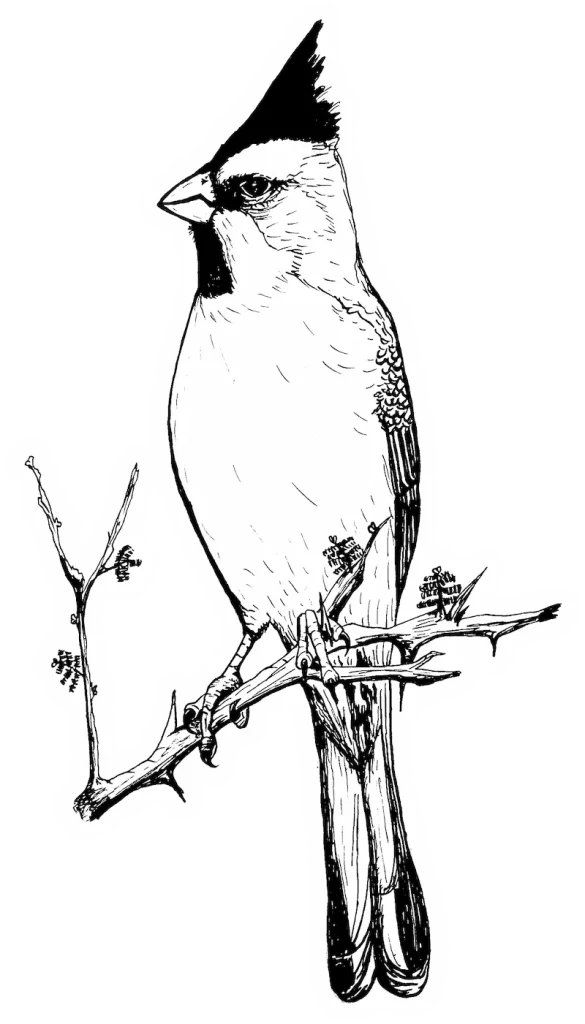On the importance of studying natural history while thinking about evolutionary ecology theory and physiology principles to advance understanding of life history variation
- Conferencia

- Conferencia
On the importance of studying natural history while thinking about evolutionary ecology theory and physiology principles to advance understanding of life history variation
MARTIN, Thomas E.
U. S. Geological Survey, Montana Cooperative Wildlife Research Unit, University of Montana, USA
rao@avesargentinas.org.ar
Much of the natural history of tropical and southern hemisphere birds remain unstudied and unknown. As a result, general theory and principles are often based on imperfect knowledge as applied to these regions. For example, one long-standing viewpoint is that parental investment (energy per offspring) is greater and development is slower in the tropics to produce higher quality individuals that live longer than relatives in the North Temperate Zone. Under this view, longer incubation periods cause higher adult survival. Yet, study of the natural history of tropical and southern hemisphere birds show that parents of many species actually exhibit reduced parental investment compared with north temperate relatives during incubation; tropical and southern hemisphere species spend less time and effort in warming eggs than north temperate relatives, and the resulting cooler egg temperatures explain the slower embryonic development in the tropics. Swapping and heating experiments verify the causal basis of temperature for large differences in incubation periods. Moreover, parental investment in incubation, measured as egg temperature, is strongly predicted by annual adult survival probability; species with higher survival show greater reduction in energy costs of incubation by warming eggs less and causing longer incubation periods, thereby reversing the causal direction between adult survival and embryonic period. In contrast, study of parental feeding behavior across tropical species shows that parents invest more per offspring during the nestling stage (i.e., higher feeding rate per nestling), and this explains improved offspring quality in terms of developmental condition at fledging. At the same time, differences in investment in nest structure also can play a critical role in embryonic and nestling development through effects on heat loss. Attention has generally focused on input (food delivery) for nestling growth, but energy loss (i.e., heat loss) is at least as important and has received little attention. Similarly, parental brooding behavior has been ignored, but shows extensive variation among species related to both nest structure and to some extent diet. Finally, understanding variation in adult survival among tropical birds is critical for advancing life history theory and data show that tropical birds actively avoid nets causing standard-effort netting studies to significantly underestimate apparent survival in tropical birds. Ultimately, causes of variation among tropical species in many behavioral, developmental, and functional attributes remain poorly studied as does nest and adult mortality which can form important agents of selection. Detailed natural history studies that include these traits are critical for improving understanding of life history and demographic variation within and across latitudinal regions.
Cita sugerida:
- MARTIN, Thomas E.
- (2017)
- Conferencia.
- XVII RAO
- (página 9 pdf)
Derechos de autor:
Esta obra está bajo una licencia Creative Commons Atribución-NoComercial (CC BY-NC).
